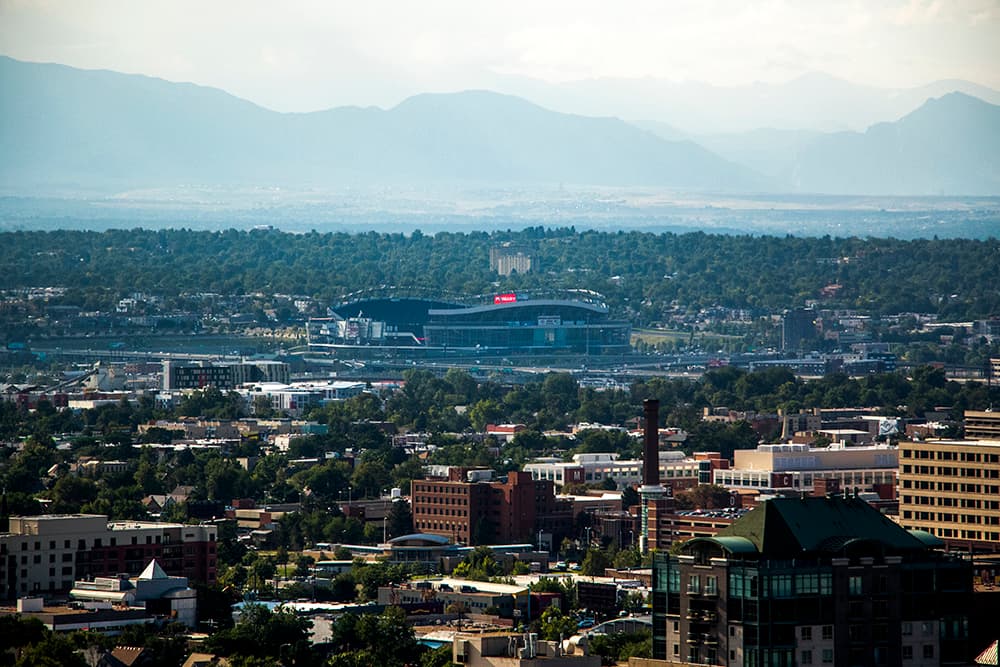
The public race to land a second Amazon headquarters is what we call in the news business "a talker."
Thing is, nobody that I've talked to in Denver is personally excited about it. Mostly because 50,000 new Amazon workers with average salaries of $100,000 seem to have the potential to exacerbate the city's affordable housing struggle.
Well, this research from Apartment List is not going to allay those fears.
Rents in Denver will increase an additional 0.8 to 1.1 percent per year as a result of the Amazon HQ2, Apartment List found. The net effect of that is renter households in Denver would pay $11,452 more over the next decade.
Their premise for these findings starts with supply and demand for housing, where supply is measured in new housing construction and demand is measured in new jobs. In the broadest of economic terms, if demand outstrips supply, it generally pushes prices higher.
In the case of Amazon, Apartment List assumed that 50,000 Amazon workers and 62,500 supplementary workers would cause the city's housing supply to increase 20 percent faster than it did from 2005 to 2015.
But given that Denver added 2.9 jobs for every new unit in that time, adding supply 20 percent faster isn't enough of an offset. "Denver is less prepared to house the influx of Amazon employees than other metros studied," the company wrote.
Then there's the matter of pay. To measure the impact of a new higher-paid workforce, Apartment List considered how they would pull up the median incomes of the cities studied. Then they took the city's existing income to rent ratio, and saw what effect a higher median income had.
"With a population size of 2,853,077 and median wages of $41,250, Denver will be more impacted by the influx of high-wage workers than other metros studied," the agency wrote.
Altogether, Denver had the second highest cost to renter households over the next decade among the 15 metros that Apartment List studied. Baltimore was first. In terms of the annual percentage rent increase as a result of Amazon HQ2, the city ranked sixth.
With all this in mind, I wondered why the city of Denver wants this opportunity in the first place, given the potential for adverse effects on rents. (Land near DIA seems to be among sites in Colorado's proposal.) Here's Office of Economic Development Communications Director Derek Woodbury's answer, received via email:
"HQ2 represents an incredible attraction opportunity to maintain and grow our global innovation economy for current and future generations. Pursuing any mega prospect such as this will certainly include housing considerations and focus by the state, region and city."











